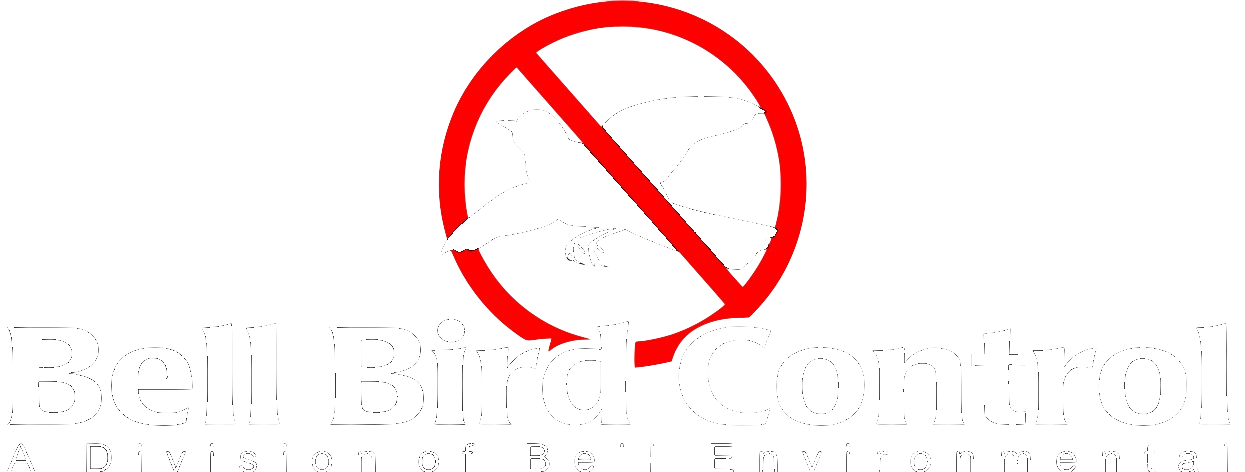
Turkey Vultures
Understanding & Controlling Turkey Vultures
Turkey Vultures: The Silent Problem You Might Not See Coming
Turkey vultures are often associated with the wilderness, but when they make an appearance on your property, their presence can be far more troubling than you might expect.
Why Are Turkey Vultures a Problem?
Turkey vultures are large birds known for their scavenging habits. When they begin to roost or nest on your property, they can cause extensive damage. These birds are particularly drawn to high, open spaces, such as rooftops and large tree branches. They leave behind corrosive droppings that can damage metal, paint, and even glass. Over time, their waste can cause costly structural repairs.
Additionally, turkey vultures can create significant risks for your property’s HVAC system. Their nesting behavior can obstruct ventilation systems, and their droppings can clog air ducts, leading to poor air quality and expensive repairs.
Health Risks of Turkey Vultures
Like other birds, turkey vultures carry a variety of diseases. Their droppings are known to carry pathogens such as Salmonella and E. coli. Additionally, turkey vultures can carry parasites, like mites and ticks, which can spread throughout your property and become a nuisance. Most concerning, however, is their potential to carry avian influenza (bird flu), a disease that can spread through droppings and affect humans in rare cases.
DIY Solutions Don’t Work
Trying to scare off turkey vultures with DIY methods like reflective tape or loud noises often doesn’t work. These birds are highly adaptable, and these short-term solutions will do little to prevent them from coming back. Without professional intervention, turkey vultures can return year after year.
Why Bell Bird Control Is the Best Solution
At Bell Bird Control, we provide custom bird exclusion solutions that are tailored to your property’s specific needs. Our team will assess the building’s structure, the turkey vulture population, and potential entry points to develop a targeted plan that prevents future issues. With over 15 years of experience in bird control, we are equipped to handle even the most persistent bird problems, using non-toxic, humane deterrents.
Turkey vultures may seem like they’re just “looking for lunch,” but when they start nesting on your property, it’s time to call Bell Bird Control to ensure they’re not feasting on your building’s integrity!
FAQs
-
Turkey vultures (Cathartes aura) are large scavenging birds with dark plumage and red, featherless heads, known for their soaring flight and keen sense of smell.
-
They inhabit a variety of environments across the Americas, including forests, deserts, and urban areas, often roosting in large trees or on man-made structures.
-
Migration patterns vary; populations in northern states often migrate south for winter, while southern populations may remain year-round residents.
-
They primarily feed on carrion, using their excellent sense of smell to locate dead animals.
-
They are generally non-aggressive and rely on scavenging rather than hunting live prey.
-
They lack vocal cords and communicate through hisses, grunts, and body language.
-
Breeding typically occurs in spring, with females laying one to three eggs per clutch.
-
The incubation period ranges from 28 to 41 days, with both parents sharing duties.
-
Yes, they are protected under the Migratory Bird Treaty Act, making it illegal to harm them or their nests without a permit.
-
Implementing bird control solutions such as visual deterrents, exclusion devices, and habitat modification can help prevent turkey vultures from roosting on buildings.
